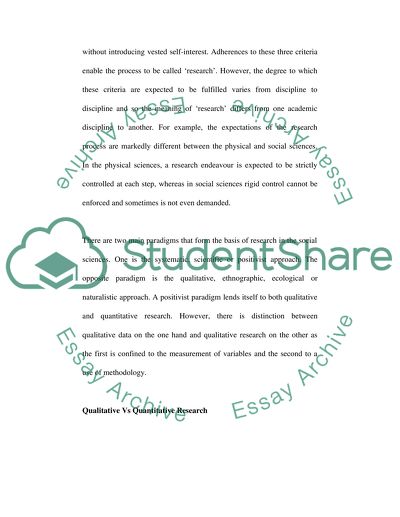Cite this document
(“Research Method in Social Science Essay Example | Topics and Well Written Essays - 2000 words”, n.d.)
Retrieved from https://studentshare.org/science/1500645-research-method-in-social-science
Retrieved from https://studentshare.org/science/1500645-research-method-in-social-science
(Research Method in Social Science Essay Example | Topics and Well Written Essays - 2000 Words)
https://studentshare.org/science/1500645-research-method-in-social-science.
https://studentshare.org/science/1500645-research-method-in-social-science.
“Research Method in Social Science Essay Example | Topics and Well Written Essays - 2000 Words”, n.d. https://studentshare.org/science/1500645-research-method-in-social-science.


